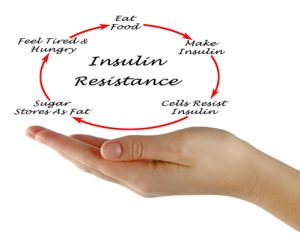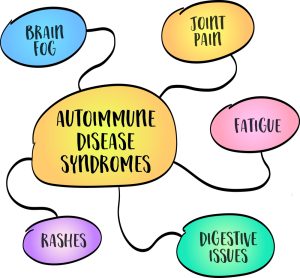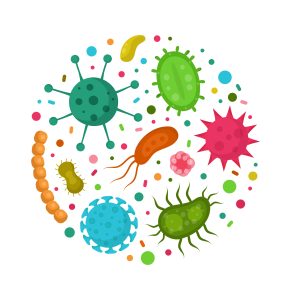Ahh Sleep Support  is a natural, homeopathic sleep support designed to help you fall asleep more easily and return to sleep if you wake up too early.
is a natural, homeopathic sleep support designed to help you fall asleep more easily and return to sleep if you wake up too early.
Homeopathy addresses sleep issues by recognizing that sleep disturbances are often caused by both physical and stress factors.
Why Choose Ahh Sleep?
*Easy-to-use sublingual spray
*Natural remedy without symptom suppression
*No known side effects or drug interactions
*No physical dependence and melatonin-free
*Gluten-free, non-GMO, and doctor-designed
*Promotes restorative sleep without morning grogginess
*May be used before bed or anytime during the night
Learn more, to see if you want to Order Ahhh Sleep

 Insulin resistance often leads to pre-diabetes and often shows up as part of Metabolic Syndrome. You can have one without officially having the others, but they often show up together.
Insulin resistance often leads to pre-diabetes and often shows up as part of Metabolic Syndrome. You can have one without officially having the others, but they often show up together. An autoimmune condition develops when the immune system mistakenly attacks the body’s own tissues. Mitochondria may contribute to this process in several ways.
An autoimmune condition develops when the immune system mistakenly attacks the body’s own tissues. Mitochondria may contribute to this process in several ways. The New Year often brings a surge of resolutions aimed at improving health—losing weight, getting more exercise, and eating better. What can you do about boosting your health after the holidays?
The New Year often brings a surge of resolutions aimed at improving health—losing weight, getting more exercise, and eating better. What can you do about boosting your health after the holidays? For Holiday Stress, these practical strategies can help you stay grounded, protect your well-being, and enjoy the season with more intention.
For Holiday Stress, these practical strategies can help you stay grounded, protect your well-being, and enjoy the season with more intention. Recent research is uncovering a surprising link between gut health and special needs children. Scientists are exploring how the bacteria living in the digestive system, known as the gut microbiota, may affect brain function, behavior, and overall development.
Recent research is uncovering a surprising link between gut health and special needs children. Scientists are exploring how the bacteria living in the digestive system, known as the gut microbiota, may affect brain function, behavior, and overall development. Understanding the warning signs of poor gut health is key to taking control of your overall well-being. An unhealthy gut creates all sorts of health problems.
Understanding the warning signs of poor gut health is key to taking control of your overall well-being. An unhealthy gut creates all sorts of health problems. When metabolism is sluggish, it affects far more than weight or blood sugar. It can also impair focus, memory, attention, and overall brain function. The good news is that with the right nutrition, metabolic health can be supported and even improved.
When metabolism is sluggish, it affects far more than weight or blood sugar. It can also impair focus, memory, attention, and overall brain function. The good news is that with the right nutrition, metabolic health can be supported and even improved. There are a lot of studies done that show that a large percentage of Special Needs Children have metabolic dysfunction. If those problems exist, addressing them would improve a child’s quality of life.
There are a lot of studies done that show that a large percentage of Special Needs Children have metabolic dysfunction. If those problems exist, addressing them would improve a child’s quality of life.